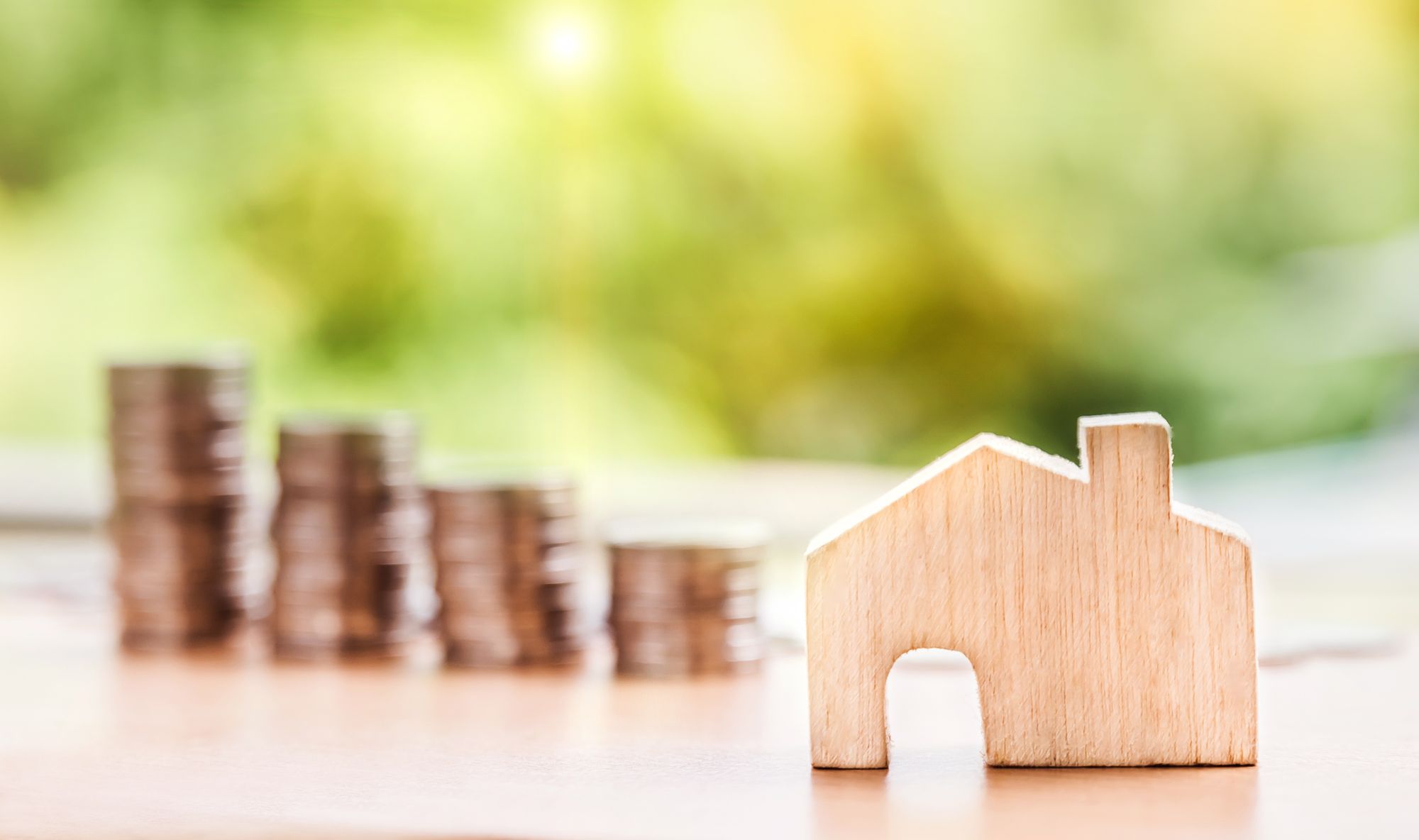What is Market Value?
Market value, in the context of real estate, is the sale price that an asset is expected to fetch in the market under normal conditions.

Table of Contents
- How Market Value is Determined
a. Comparable Sales Approach
b. Capitalisation of Income Approach
c. Replacement Cost New Value Approach - Factors affecting Market Value
a. Location
b. Size
c. Housing Conditions
d. Economic Conditions - Other Practical Uses of Market Value
Market value, in the context of real estate, is the sale price that an asset is expected to fetch in the market under normal conditions. These conditions apply to potential buyers and sellers who:
- have sufficient knowledge of the asset;
- make rational decisions that will benefit them;
- have no unnecessary pressure to trade; and
- have ample amounts of time to complete the trade.
Given these conditions, an asset's market value should represent an accurate valuation or assessment of its worth.
Market value provides a foundation for negotiations if the owner of the property decides to sell. Depending on various factors, the seller might list the property at a price that is not equal to the market value. If the property is rare and in high demand, the seller might list his selling price higher than its market value. Conversely, if the seller is looking to dispose the property quickly, he might compromise and ask for less than market value to entice buyers.
How Market Value is Determined
While determining the market value of publicly-traded companies on the stock market is fairly straightforward, determining the market value for illiquid assets such as real estate is more complex.
Thus, real estate appraisers are usually hired for their professional opinion on the property’s market value. There are generally 3 methods that the appraiser can use:
- Comparable sales approach;
- Capitalisation of income approach; and
- Replacement cost new value approach.
Comparable Sales Approach
The comparable sales approach compares the property in question with recently sold properties of similar characteristics. This factors in the features of the property, such as the location, type of property, size, and their effect on the overall value of the property.
Capitalisation of Income Approach
The capitalisation of income approach measures the value of the property based on the expectation of its future benefits. This is more applicable to commercial properties or residential rental properties, as this method calculates the property’s expected returns and potential resale value to come up with an estimated market value.
Replacement Cost New Value Approach
The replacement cost new value approach measures the current hypothetical cost of constructing a property with the same factors, such as location, materials, designs, layouts, etc., to derive the estimated market value of the property.
Factors affecting Market Value
There are many factors affecting the market value of a property and these include location, size, housing conditions, and economic conditions.
Location
The proximity of a property to various amenities such as schools, shopping malls, entertainment centres and public transport can positively influence market value, as buyers are willing to pay more for the extra convenience of living near such amenities. Conversely, areas that are near to industrial facilities or neighbourhoods with high crime rates can negatively impact market rates.
Size
The value of a property is usually measured in price per square foot, so the larger the house, the higher the value. This notwithstanding, the amount of usable space is equally paramount. Garages and attics are not considered as usable space, while bedrooms and bathrooms are highly valued. Properties with larger usable spaces are often valued higher.
Housing Conditions
Properties with better housing conditions such as newer plumbing, electrical, kitchen facilities, etc., can be more valuable to a buyer, as they have a longer life span and are less likely to break down or malfunction. In the long run, this helps the buyer to save on repair costs. Since buyers are willing to pay more upfront for better facilities, this would positively impact the market value of the property.
Economic Conditions
Economic conditions will impact buyers’ ability to purchase properties. In times of economic downturn, the housing market will stagnate as fewer people can afford to buy new properties. With a drop in demand, the market value of the property will correspondingly decrease.
Other Practical Uses of Market Value
Even if you are not looking to sell your property, understanding market value is important. For example, the property tax that you pay for your property is based on the market value of the property. If you bought a property 20 years ago at $500,000, and the property is now worth $1 million, the property tax that is incurred is based on the property’s current market value of $1 million, and not the original purchase price of $500,000.
About RealVantage
RealVantage is a leading real estate co-investment platform, licensed and regulated by the Monetary Authority of Singapore (MAS), that allows our investors to diversify across markets, overseas properties, sectors and investment strategies.
The team at RealVantage are highly qualified professionals who brings about a multi-disciplinary vision and approach in their respective fields towards business development, management, and client satisfaction. The team is led by distinguished Board of Advisors and advisory committee who provide cross-functional and multi-disciplinary expertise to the RealVantage team ranging from real estate, corporate finance, technology, venture capital, and startups growth. The team's philosophy, core values, and technological edge help clients build a diversified and high-performing real estate investment portfolio.
Get in touch with RealVantage today to see how they can help you in your real estate investment journey.
Disclaimer: The information and/or documents contained in this article does not constitute financial advice and is meant for educational purposes. Please consult your financial advisor, accountant, and/or attorney before proceeding with any financial/real estate investments.
